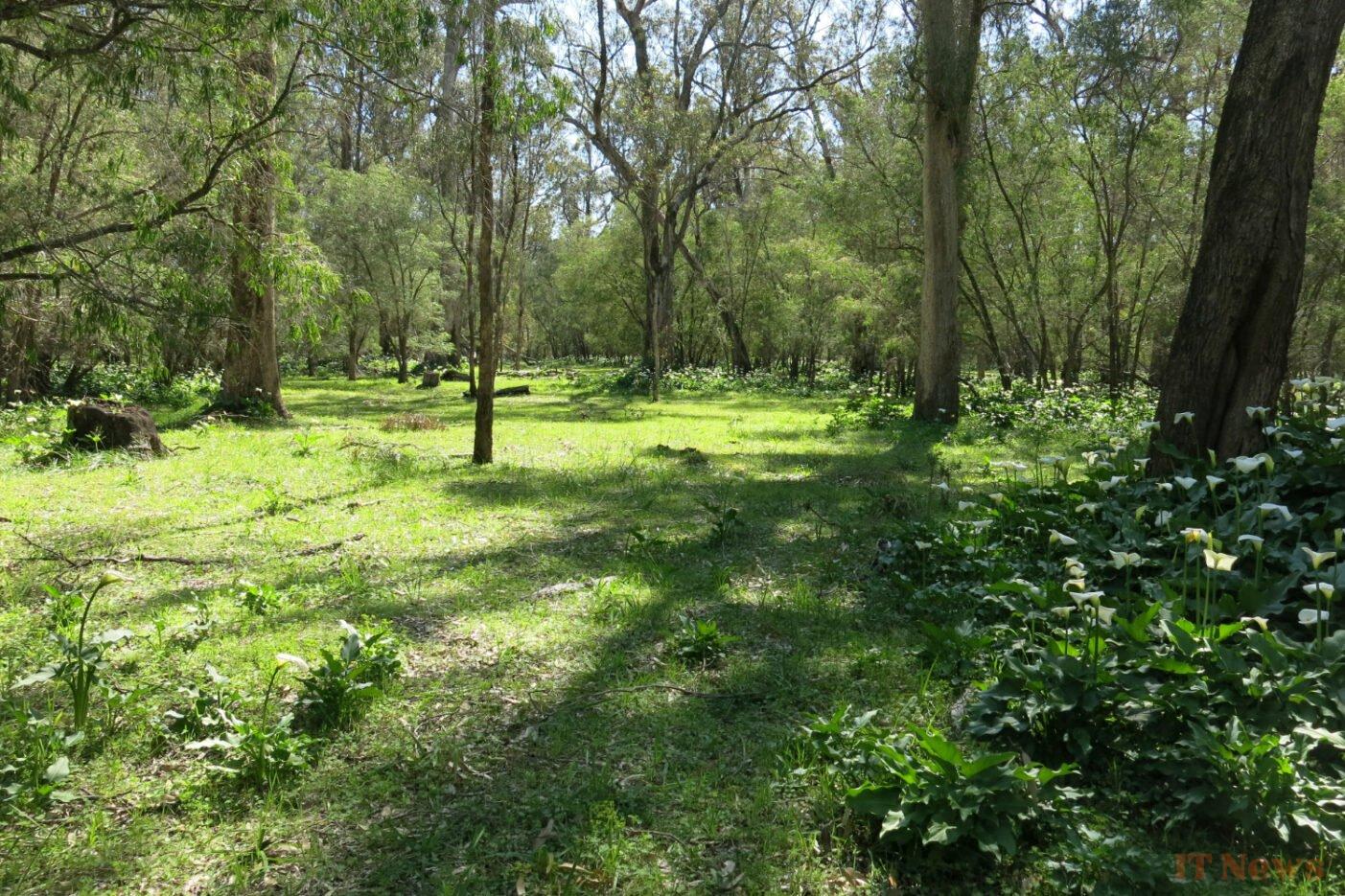In France, a legal obligation that many homeowners are unaware of could expose you to severe financial penalties of up to 1,500 euros in fines: brush clearing. Beyond simple aesthetic maintenance, this is a crucial environmental safety issue. Every year, fires ravage hectares of forest and threaten homes, particularly in the south of France. But contrary to popular belief, this problem is not limited to traditionally high-risk areas. Nearly 7,000 municipalities in France are now affected by these legal brush clearing obligations (OLD).
The risk of fire in France
In France, forest fires are unfortunately caused largely by human activity. According to the French Forest Observatory, 70% of human-caused forest fires are caused by economic activity (construction sites, electricity, etc.) or everyday activities such as improperly extinguished cigarette butts, with the rest caused by malicious acts.
According to studies by the French Forest Observatory, forest fires, long concentrated in the southern and southwestern regions of France, are now threatening to spread to the north of the country. While a third of metropolitan heathland and forests were at high risk in 2010, projections predict that nearly half of these areas will be threatened by 2050, due to climate change. The year 2022 unfortunately confirmed these predictions, when temperatures almost reached the heat records of 2003, with a difference of 2.3 degrees compared to the 1991-2020 average.
To limit the risk of fires and their spread, obligations have been put in place in certain regions so that owners limit the level of risk of their residence, particularly if they have a garden.
Clearing: an essential measure in sensitive areas
All owners of land located in sensitive areas are required to carry out regular clearing. This obligation, called OLD (legal obligation of clearing), was put in place to avoid increasing the risk of fires in the most sensitive areas of the country. All owners, whether individuals, businesses, or communities, must comply with it. Yet, many are still unaware of this obligation, and this oversight can cost them dearly: up to €15,000 in fines in the most serious cases.
To explain the issues surrounding brush clearing and the practices to be implemented by property owners, the government has put in place detailed instructions: brush clearing must eliminate any plant material likely to fuel and spread a fire, whether it is tall grass, branches, or dead leaves. This must include pruning trees and shrubs, removing cuttings, and reducing vegetation around buildings to reduce potential damage in the event of a fire. The goal of brush clearing is to create firebreaks and limit the spread of flames. The precise terms of this operation are defined by the prefect, who can adapt the requirements according to the specific risks in each territory.
How do I know if my home is affected?
The OLD is in effect in certain specific areas defined by the government as being more susceptible to fires. Most of these areas are located in the southern part of the country, but certain specific territories may be affected in other regions due to their climate and proximity to forests. A specific interactive tool listing all the areas where the OLD applies is available on the Géoportail website. Outside of OLD areas, clearing brush is not mandatory but remains recommended.
Depending on the location of the land, the rules regarding clearing may vary. Generally speaking, the land must be cleared if it is located less than 200 meters from a wood or forest. Clearing must be carried out around the home to a depth of 50 meters. In rural areas, clearing must also be carried out along the access roads to your land, to an additional depth of 10 meters. Of course, it is possible to hire a professional to clear the land. In some cases, it is possible to benefit from tax credits provided for this purpose.
Frequency and penalties for failure to comply with the obligation
There is no obligation in terms of frequency for clearing your land. However, it must be in a cleared state almost permanently. It is therefore recommended to clear brush when the vegetation begins to reach a certain height (generally set at 40 cm). In the event of failure to comply with the legal obligation to clear brush, the penalties can be severe:
The mayor or prefect can serve you with a formal notice to force you to clear brush, with a possible penalty payment of €100 per day of delay from the date of receipt of the notification, which can be as high as €5,000. Clearing can also be done automatically by order of the mayor, but at your expense. The municipality can also impose an administrative fine of up to €30 per m² not cleared. It doesn't stop there: criminal penalties can be applied, especially if your failure to comply with the obligation to clear brush has allowed a fire to spread. These criminal penalties can lead to one year of imprisonment and a €15,000 fine.



0 Comments